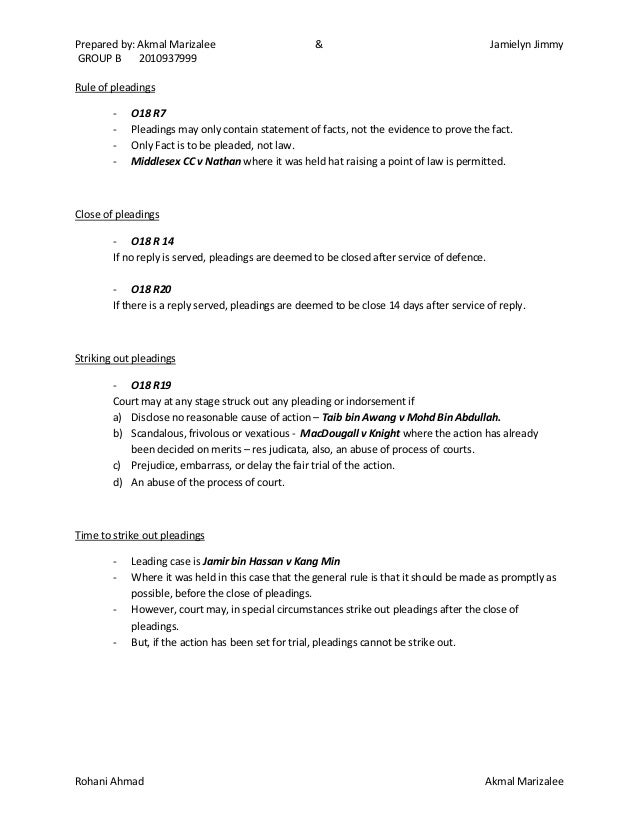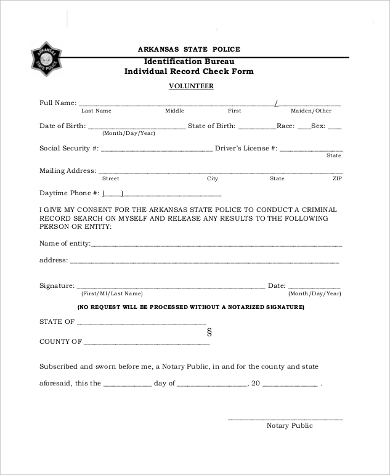Criminal Profiling Procedures: The case of the 'Mad Bomber' Case Description: George Metesky, a disgruntled 28 year-old employee of Consolidated Edison, had been injured while at work (knocked down by a back-draft of gases from a boiler) and believed that the company owed him more money than they had agreed to pay. 6 Criminal Profiling 06 of 07.pdf. 7 Criminal Profiling 07 of 07.pdf. Remove-circle Share or Embed This Item. Criminal Profile FREE After Effects Template Copied content TemplatesMoody and cinematic Criminal file case presentations are great for trailer or short pr.
- Criminal Profile Layout Template
- Criminal Profile Template
- Criminal Profile Template Worksheet
- Criminal Profile Template Word
What is a criminal profiler?
A criminal profiler is part of the investigative team and uses specialized techniques and training to identify suspects. Criminal profilers, also known as criminal investigative analysts, compile and compare data from similar crimes and offenders to create a profile of a suspect. They form logical hypotheses based on witness reports, victim testimony and crime scene evidence. Criminal profilers often lead investigations as they study the nature of a crime, analyze the clues left behind and interview witnesses to inform their conclusions.

Key duties, roles and responsibilities of a criminal profiler
In order to develop psychological profiles of a suspect based on evidence, profilers must have extensive investigatory knowledge and the ability to review and analyze evidence. Profilers work closely with law enforcement agencies, visit crime scenes and perform extensive analysis to identify patterns or consistencies in criminal behavior. Profilers are required to continue training to stay current with laws and regulations as well as learning new or modern investigative techniques and tools.
The primary duties of a criminal profiler include:
- Identify behavior patterns
- Understand investigative strategy, crime analysis and interviewing techniques
- Perform personality assessments and geographic profiling
- Study human behavior and characteristics
- Conduct research, analyze data and form conclusions
- Advise police officers and investigators
- Read and write reports
- Engage in ongoing training
- Adhere to laws and regulations
- Provide expert courtroom testimony
Criminal Profile Layout Template
Related: How to Write a Job Description
Education and experience requirements for criminal profilers

Typical educational and experience requirements for criminal profilers include:
- Bachelor’s in psychology, criminal justice, forensics and behavioral science, at minimum
- Master’s or doctorate degree in criminal justice
- Attendance in a law enforcement academy
- Extensive experience in law enforcement and investigative techniques
- Additional industry certifications
- Strong verbal and written communication skills
- Intuition and analytical skills
- No prior felony records
While a bachelor’s degree is the minimum requirement, some positions may require an advanced degree or certification. For example, profilers applying to work for the FBI typically need seven to 15 years of job experience, must meet eligibility requirements and complete academy training before advancing to become profilers.
The FBI academy involves training in several areas, including:
- Physical fitness
- Intelligence and evidence collection
- Interrogation and negotiation tactics
- Firearm training
- Defensive driving
Related: Behavioral Interview Questions to Ask Candidates
Job outlook for criminal profilers
Criminal profilers work in a competitive and specialized field within law enforcement. Although job growth specifically for criminal profilers isn’t measured, the U.S. Bureau of Labor Statistics reports a 14% growth outlook for those in forensic sciences between 2018 and 2028. Job growth for investigators is at 5%, which suggests increasing demands for specialized fields such as criminal profiling.

Criminal profiler FAQs
Here are common questions about criminal profilers and what they do.
How is criminal profiling done?
Criminal profiling is done by identifying similar behaviors and patterns in certain criminals through the examination of evidence and the application of psychology techniques. Profiling uses historical data and behavior to assign characteristics in order to make predictions about a criminal. Using profile analysis data as well as evidence and witness testimony, profilers can help law enforcement pinpoint a suspect.
Profilers typically map criminal:

- Behavior patterns
- Personality traits
- Physical appearance
Where does a criminal profiler work?
Criminal Profile Template
Profilers may work for local law enforcement agencies and forensic experts. Most criminal profilers are employed by the FBI in the Behavioral Analysis Unit (BAU) and work in the National Center for the Analysis of Violent Crime (NCAVC) in Quantico, VA. Some profilers may also work for the Bureau of Tobacco and Firearms to identify arsonists and bombers.
What skills does a criminal profiler need?
Criminal profilers are highly skilled in several areas of investigation and analysis. Typical skills criminal profilers possess include:
- Attention to detail: Profilers know that every piece of evidence provides clues to build a profile of a suspect. Details are necessary when determining a suspect’s appearance, age, dress, mannerism and methods. They are also able to notice details that other people might miss, such as social cues and patterns that may not be as obvious to other people.
- Analytical skills: In order to form a profile of someone they have never met, profilers are able to recognize clues, specific traits or behavioral patterns that others may overlook. They are also able to analyze complex data while staying attentive to small details.
- Communication skills: Profilers work with many different law enforcement agencies and people. Profilers are skilled at effectively explaining how they arrived at their theories or conclusions.
- Physical stamina: While the specific requirements may vary from agency to agency, criminal profilers need to demonstrate and maintain a high level of physical fitness and stamina.
When did criminal profiling begin?
In 1972, the FBI created the Behavioral Science Unit (BSU) that was used mostly for work on serial crimes. Work centered around the examination of a criminal’s behavior as it relates to:
- Suspect pre-crime tendencies, such as what circumstances led to the crime or why the criminal chose that victim or location
- Manner of crimerelating to how the crime was carried out or which weapons were used and why
- Post-crime behavior, such as whether the criminal is trying to interject into the investigation, influence the media or revisit a crime scene
Criminal Profile Template Worksheet
Techniques have become more sophisticated over time, and profilers use old and new techniques to track not only serial crime but also:
Criminal Profile Template Word
- Arson
- Kidnappings
- Terrorism
- Extortion
- Cybercrimes